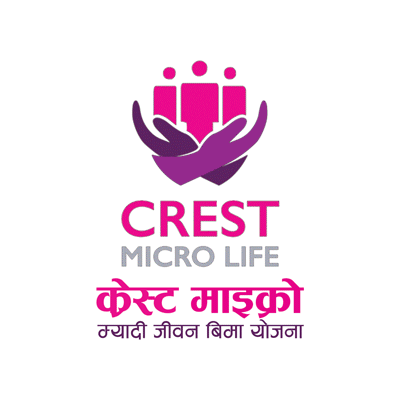Kathmandu. China has made a major breakthrough in immunotherapy. According to a report by the South China Morning Post, China has developed the world’s most powerful vaccine booster. The technology can increase the immune response against tumors and infections by up to 150 times. It could significantly improve cancer treatment and increase the effectiveness of vaccines against rapidly mutating viruses like COVID-19.
The research was jointly conducted by Sun Yat-sen University, Fudan University, and Liaoning University. It was published in the journal Nature on March 27.
How does the new vaccine booster work?
At the heart of this system is a delivery system called SABER. Its full name is ‘Sting Against Based ER Targeting Molecules’. Traditional vaccines work by stimulating the immune system, but their effectiveness depends on how well they deliver the antigen to the right parts of the immune cells to trigger an immune response.
For a vaccine to be effective, the antigen must reach CD8+ T cells. These are a type of immune cell that attacks cancer cells and infections. It involves three main steps:
- The immune system recognizes a threat by presenting the antigen to antigen-presenting cells (APCs).
- Activating APCs to alert other immune cells.
- The immune response is directed to a critical part of the cell by transporting the antigen to the endoplasmic reticulum (ER). To do.
The ER acts as a communication hub within the cell. It connects the nucleus and the cytoplasm. In traditional vaccine delivery, antigens struggle to reach this critical area. Their effectiveness is reduced. SABER acts like a molecular ‘elevator’ to cross cell barriers and deliver antigens to the ER properly. This method greatly enhances the immune response and scientists solve the ‘last mile’ delivery problem.
##What did the study find?
##
##
SABER improved the immune response in animal studies. In tests on tumor-bearing mice, the technique completely stopped the progression of the disease in melanoma cases. While in the control group, tumor growth slowed slightly and 90 percent of the mice died within 5 weeks. However, all mice in the group were treated with SABER.
This technique has also proven to be very effective in infectious diseases. In a COVID-19 peptide vaccine trial, the T-cell response in the group treated with SABER was 150 times stronger than in the control group. Additionally, in a viral-infection study, mice treated with SABER had 99 percent lower viral loads in the lungs and brains than untreated mice.
Why is this breakthrough important?
SABER not only boosts T-cell responses, it also affects the humoral immune response. The body’s immune system, which produces antibodies. SABER converted 30 percent of circulating CD4+ T cells into antigen-specific cells. That was much better than existing catalysts, which rarely exceed 5 percent.
This dual advantage could make SABER a game-changer in cancer immunotherapy and vaccine development. By boosting the body’s ability to generate targeted immune responses, it could pave the way for better cancer treatments and next-generation vaccines.
##What next?
Following this success, researchers are now focusing on applying SABER to cancers with well-defined antigens, such as liver cancer. The next phase will also see its use in chronic viral infections and preventive vaccines. However, its full clinical use may take time. However, the successful development of SABER is an important step in the fight against cancer and infectious diseases. –Agency























